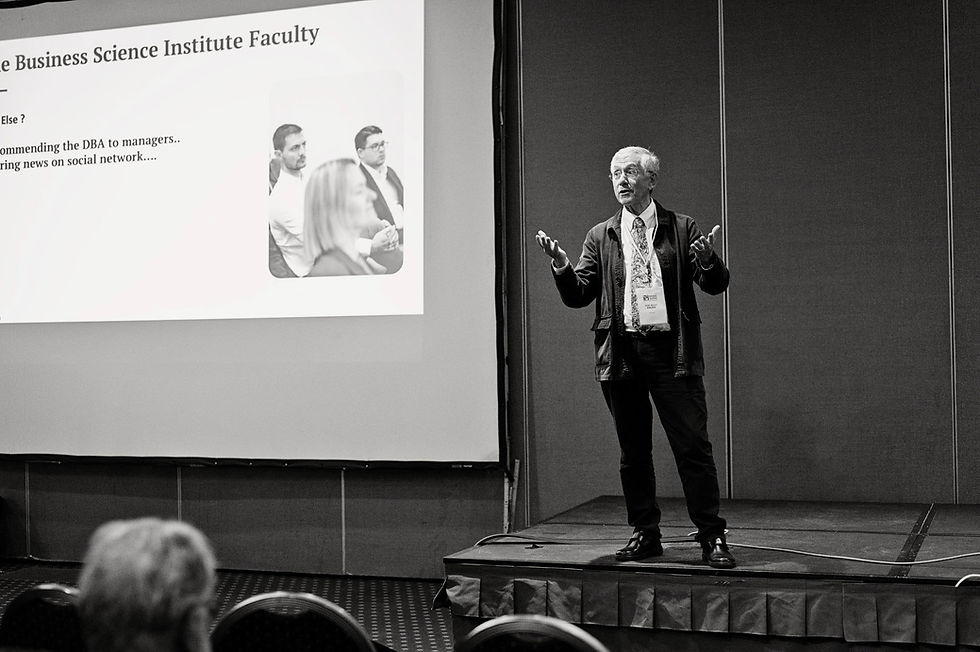Will accreditation end up killing institutions?, by Michel Kalika
- Business Science Institute

- Oct 8, 2023
- 1 min read

President and founder of the Business Science Institute
University Professor Emeritus
IAE Lyon, Jean-Moulin Lyon 3 University
In this interview, Michel Kalika, founding president of Business Science Institute, discusses the role of accreditations in a context of profound changes, such as the rise of artificial intelligence and ongoing crises (health, social, etc.).
Here's a summary of the key points discussed:
1. Accreditation Context:
Accreditations aim to comply with established standards within a specific context, initially created to meet the international demand for institutions adhering to quality standards.
2. Impact of AI and Current Changes:
The emergence of artificial intelligence challenges the role of teachers and institutions, prompting a reflection on the relevance of the old accreditation models.
3. Stability of Accreditation Systems:
The stability of accreditation systems and their suitability for a constantly evolving environment are questioned as higher education is heavily disrupted by technology.
4. Challenges of Accreditation Processes:
Accreditation processes are lengthy, time-consuming, energy-intensive, and expensive. They divert precious time that could be devoted to strategic innovation.
5. Strategic Innovation vs Established Norms:
The crucial question is whether institutions based on older norms can integrate and digest strategic innovation, especially when it challenges these established norms.
6. Slow Adaptation of Accreditation Bodies:
Accreditation bodies need to consider their ability to evolve rapidly to incorporate ongoing changes, so as not to hinder innovation in the face of market and institutional shifts.
7. Call for Accreditation Body Evolution:
A call is made for accreditation bodies to adapt quickly and not become obstacles to strategic innovation, emphasizing the importance of the pace of accreditation body evolution in relation to market and institutional expectations.






